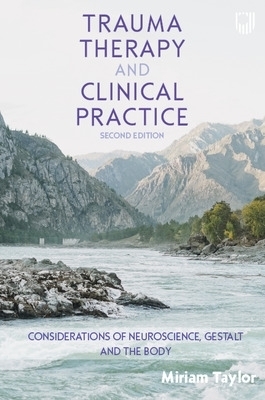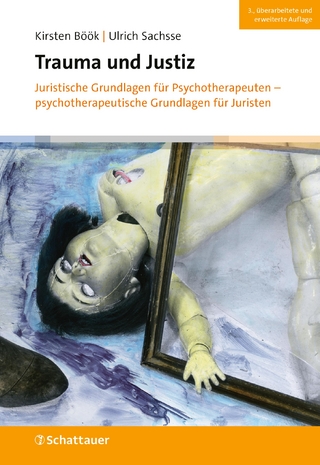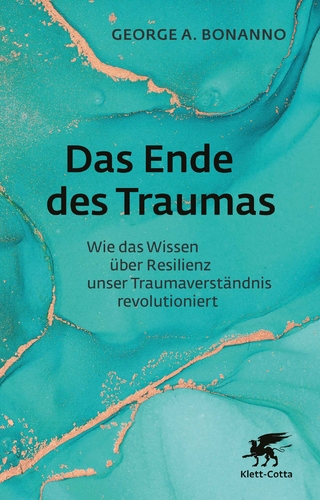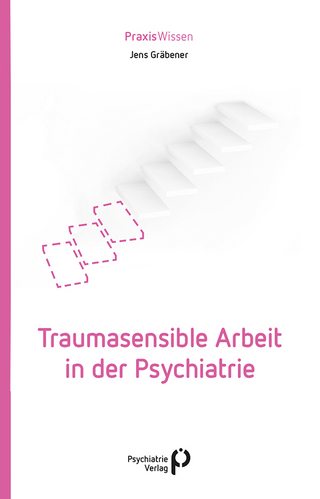
Trauma Therapy and Clinical Practice: Considerations of Neuroscience, Gestalt and the Body
2024
|
2nd edition
Open University Press (Verlag)
978-0-335-25247-3 (ISBN)
Open University Press (Verlag)
978-0-335-25247-3 (ISBN)
“This book, now in its second edition, has become a classic in clinical studies of trauma. Its informed content, deeply humane style, numerous clinical examples, flowing narrative and ethical clarity make it an essential contribution to all contemporary clinicians and psychotherapists-in-training of any approach.”
Margherita Spagnuolo Lobb, Director of the Italian Gestalt Therapy Institute, Italy
“This book calls us to think critically about the language we use; to regularly examine our cherished theories and ways of working; and to embrace multiple perspectives... I would recommend it to all therapists, wherever they are in their careers.”
Dr Sue Wright, Integrative and Sensorimotor Psychotherapist, UK
Working with traumatised clients can present challenges and complexities for therapists as they navigate what are often highly specific, deep-rooted issues. Trauma Therapy and Clinical Practice has been fully updated to reflect the changes that have impacted therapy research over the past decade and represents a major advancement in how trauma is perceived.
While staying true to her premise of trauma as an embodied experience and retaining the book’s popular three-part structure, in this new edition trauma is repositioned as a social justice issue and reconsiders the emphasis on neuroscience, taking trauma theory further into a relational view.
This new edition:
• Thoroughly explores the role of fear, helplessness, dissociation and shame
• Offers valuable insights into restoring continuity of self and of time
• Contains updated, diverse references and intersectional analyses
• Uses refreshed pedagogy to help deepen learning
• Critically discusses concepts such as mindfulness in relation to trauma therapy.
Written in her trademark accessible and personal writing style, Miriam Taylor examines the application of both neuroscience and Gestalt theory in recovery, presenting a considered theoretical basis for working with highly traumatised people. The new edition of Trauma Therapy and Clinical Practice is at the cutting edge of contemporary trauma thinking and is essential reading for trainees and practitioners in counselling and therapy.
Miriam Taylor is a semi-retired Gestalt psychotherapist, supervisor and international trainer. With over 30 years’ experience of working with trauma, her approach is embodied and relational in the widest possible sense. She is the author of Deepening Trauma Practice and is on the Leadership Team of Relational Change, UK.
Margherita Spagnuolo Lobb, Director of the Italian Gestalt Therapy Institute, Italy
“This book calls us to think critically about the language we use; to regularly examine our cherished theories and ways of working; and to embrace multiple perspectives... I would recommend it to all therapists, wherever they are in their careers.”
Dr Sue Wright, Integrative and Sensorimotor Psychotherapist, UK
Working with traumatised clients can present challenges and complexities for therapists as they navigate what are often highly specific, deep-rooted issues. Trauma Therapy and Clinical Practice has been fully updated to reflect the changes that have impacted therapy research over the past decade and represents a major advancement in how trauma is perceived.
While staying true to her premise of trauma as an embodied experience and retaining the book’s popular three-part structure, in this new edition trauma is repositioned as a social justice issue and reconsiders the emphasis on neuroscience, taking trauma theory further into a relational view.
This new edition:
• Thoroughly explores the role of fear, helplessness, dissociation and shame
• Offers valuable insights into restoring continuity of self and of time
• Contains updated, diverse references and intersectional analyses
• Uses refreshed pedagogy to help deepen learning
• Critically discusses concepts such as mindfulness in relation to trauma therapy.
Written in her trademark accessible and personal writing style, Miriam Taylor examines the application of both neuroscience and Gestalt theory in recovery, presenting a considered theoretical basis for working with highly traumatised people. The new edition of Trauma Therapy and Clinical Practice is at the cutting edge of contemporary trauma thinking and is essential reading for trainees and practitioners in counselling and therapy.
Miriam Taylor is a semi-retired Gestalt psychotherapist, supervisor and international trainer. With over 30 years’ experience of working with trauma, her approach is embodied and relational in the widest possible sense. She is the author of Deepening Trauma Practice and is on the Leadership Team of Relational Change, UK.
Part 1: Enlarging the Field of Choice
The Organization of Parts and Wholes
Making Change Possible
Working with Arousal
There and then, here and now
Part 2: At the Limits of Self
From Fear to Safety
From Helplessness to Autonomy
From Disconnection to Contact
From Shame to Acceptance
Part 3: A Relational Home for Trauma
The Role of the Therapist
The Well-Resourced Therapist
Embodied Relationship
Transforming Relational Wounds
| Erscheinungsdatum | 03.10.2024 |
|---|---|
| Verlagsort | Milton Keynes |
| Sprache | englisch |
| Maße | 155 x 230 mm |
| Gewicht | 385 g |
| Themenwelt | Geisteswissenschaften ► Psychologie ► Traumatherapie |
| Medizin / Pharmazie ► Medizinische Fachgebiete ► Notfallmedizin | |
| Medizin / Pharmazie ► Medizinische Fachgebiete ► Psychiatrie / Psychotherapie | |
| ISBN-10 | 0-335-25247-8 / 0335252478 |
| ISBN-13 | 978-0-335-25247-3 / 9780335252473 |
| Zustand | Neuware |
| Haben Sie eine Frage zum Produkt? |
Mehr entdecken
aus dem Bereich
aus dem Bereich
Juristische Grundlagen für Psychotherapeuten - psychotherapeutische …
Buch | Softcover (2024)
Schattauer (Verlag)
58,00 €
wie das Wissen über Resilienz unser Traumaverständnis revolutioniert
Buch | Hardcover (2024)
Klett-Cotta (Verlag)
39,00 €


